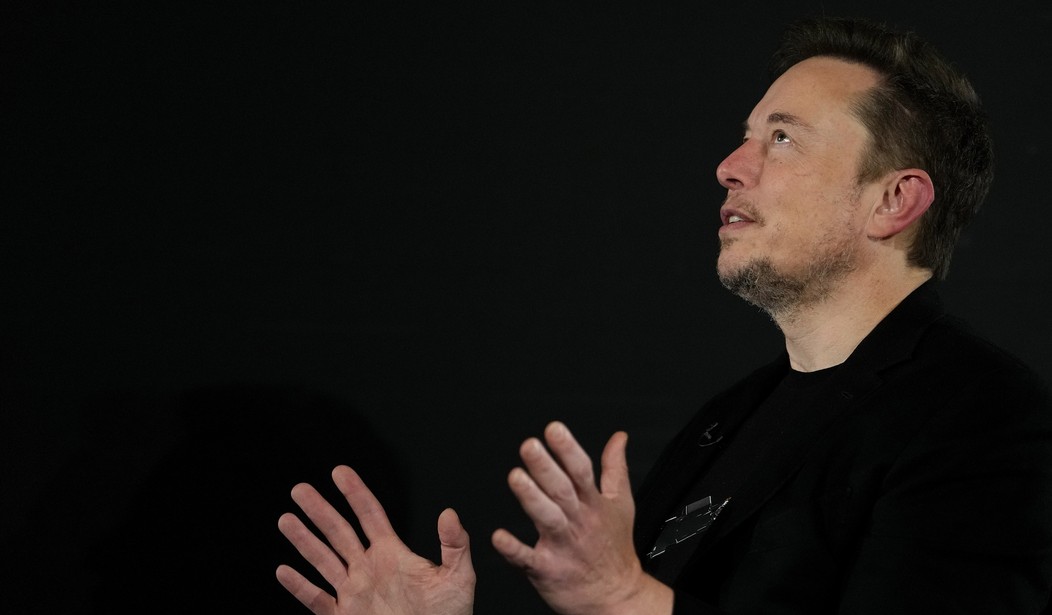The world’s richest man had a bad day in court this week. A judge in Delaware ruled that Elon Musk is ineligible to receive a compensation package from Tesla worth an estimated $55 billion. This is a case that has dragged out for five years and the merits of the arguments coming from both sides seem rather vague. The suit was originally brought by a group of shareholders who claim that Musk unfairly crafted his own compensation package resulting in “unjust enrichment” for the billionaire at the expense of the other shareholders. The judge apparently agreed, but Musk’s attorneys argue that the package was a fair one and they have all the receipts to prove it. (Associated Press)
A judge says Elon Musk must give up a compensation package awarded by Tesla’s board of directors that is potentially worth more than $55 billion.
The ruling in a Delaware court comes five years after a shareholder lawsuit targeted Tesla CEO Musk and the directors. They were accused of breaching their duties to the electric vehicle and solar panel manufacturer, resulting in a waste of corporate assets and unjust enrichment for Musk.
Plaintiff’s lawyers argued that the pay package was dictated by Musk and was the product of sham negotiations with directors who were not independent of him.
The compensation plan itself doesn’t appear to be the major sticking point in this case. It was filled with aggressive growth and performance milestones for Tesla to meet, with various levels of compensation going to Musk if they met them. Nearly all of the milestones wound up being met, so Musk appears to have held up his end of the deal. The plaintiffs are instead arguing that the deal was arrived at unfairly because Musk was running the show in the background.
Tesla soared under Musk’s ownership, outpacing the projections of most Wall Street analysts. Musk’s incentive package called for Tesla to grow to a valuation of at least $650 billion. It actually reached $800 billion and briefly went over a trillion earlier this year. Musk’s attorneys argue that all of the shareholders similarly benefitted from the company’s stellar growth, seeing growth in their own portfolios and additional payments.
But the underlying question is whether or not the board developed the compensation package independently or if Musk held too much influence over them in determining how much he would eventually receive. The plaintiffs claim that was the case, but whatever influence Musk had must have been indirect at best. The judge claims that Elon had a “long personal and business relationship” with committee chairman Ira Ehrenpreis. Another member of the committee had been Musk’s divorce lawyer. So he knew them, but none of them actually worked for or reported to him.
It makes perfect sense that Elon Musk would have wanted to work out the best possible deal for himself that he could. He’s a capitalist, after all. But in the end, none of them were forced to agree to the deal. Musk only owned 13% of the shares of Tesla at the time, so he couldn’t override the other shareholders either. This sounds like a case of people believing that Musk had made “too much money” and they wanted a bigger slice of the pie. At one point they even refer to Musk’s “absurdly outsized pay package.”
But Tesla made an absurd amount of money. What else did they expect would happen? And none of this addresses the idea that the courts can simply reach into the past and dip into the pockets of private entrepreneurs and relieve them of their wealth. The whole situation seems absurd.







Join the conversation as a VIP Member